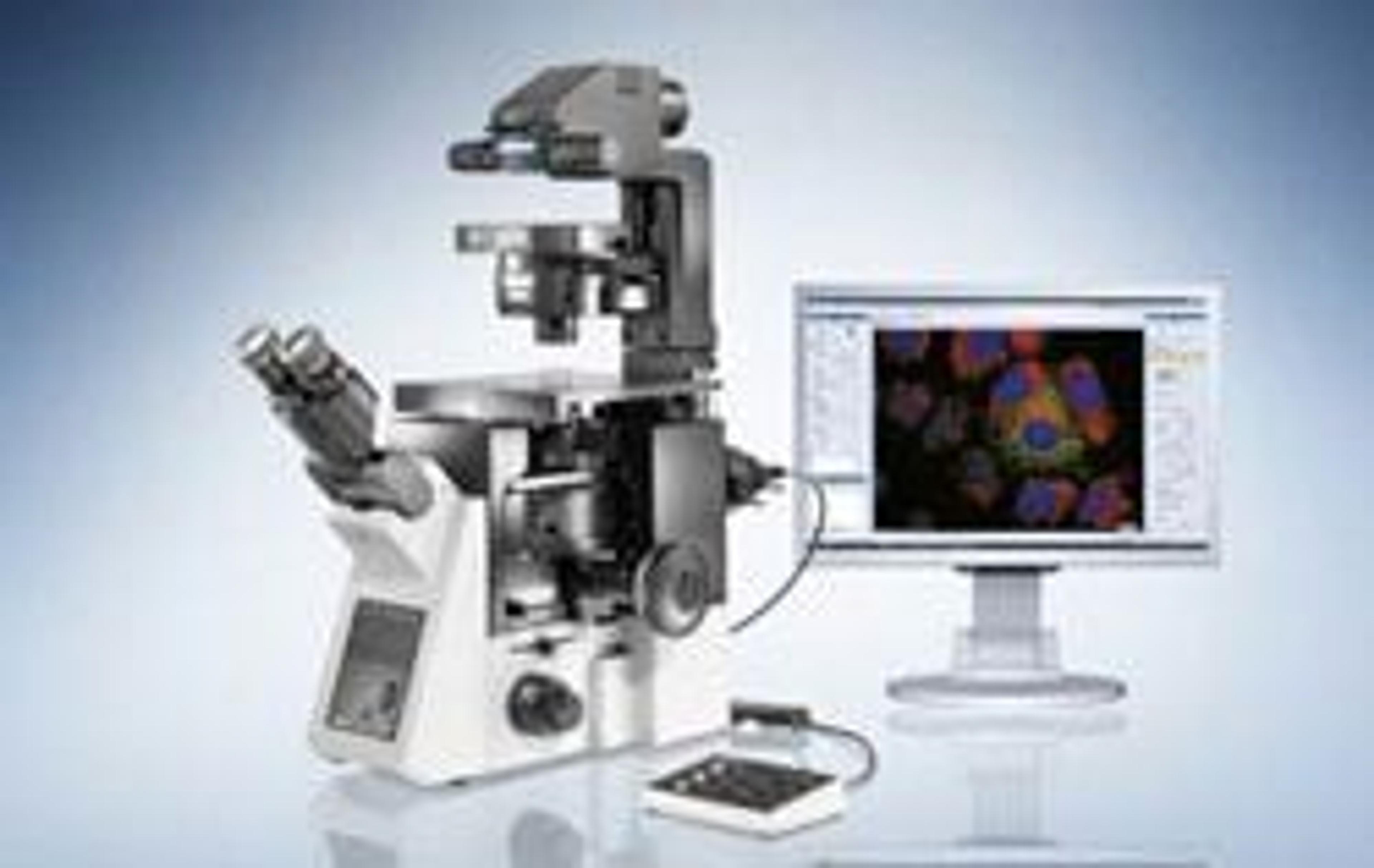Olympus collaborates with Tokyo Medical and Dental University to test next-gen digital data management solution
The solution enables researchers to archive, organize and share data from the Olympus CM20 incubation monitoring system
11 Dec 2020
As part of Olympus' commitment to providing digital solutions that improve the efficiency of cancer and stem cell research, the OLYMPUS Provi CM20 incubation monitoring system is promising to change the way cell culture monitoring is conducted via reliable, quantitative data. Olympus is collaborating with Tokyo Medical and Dental University to test a next-gen, cloud-based digital solution that enables easy archiving, organizing and sharing of CM20 monitor data to improve the overall quality of research.
As digital technologies become more advanced, life science researchers are faced with the increasingly difficult task of managing the data. To streamline this process, Olympus is developing a cloud-based digital management tool that enables users to keep track of traceable raw data and post-analysis data as well as share the data with colleagues. To test and refine this solution under real-world conditions, Olympus is building off an ongoing collaboration with Dr. Takanori Takabe at Tokyo Medical and Dental University. Dr. Takabe is researching differentiation into liver cell tissues using induced pluripotent stem (iPS) cells. He is using the CM20 monitor's quantitative data to track the growth and health of iPS cells to improve the cell culture process. Through the research, Dr. Takabe found that even iPS cells cultured using the same protocol had different growth conditions depending on the cell line. Managing these data can be complicated, making it an excellent test case for Olympus' digital data management solution.
iPS cells are difficult to maintain because they grow inconsistently. If they outgrow their vessel container, the cells can die, ruining the culture. Using conventional methods, researchers periodically remove culture vessels from the incubator and check the cells under a microscope. This method relies on the researcher's skill and experience to accurately time when a culture needs to be split into new vessels. With the CM20 monitor, the scan head remains in the incubator with the culture vessels where it periodically scans the cells and sends quantitative data to a nearby computer. These data enable researchers to accurately track the growth of their iPS cells.
The CM20 incubation monitoring system is the first Olympus product to work with the new digital solution. Instead of sending data to a stand-alone computer, the CM20 monitor will send data directly to the new cloud-based solution, where researchers can view it wherever and whenever it is convenient to them.
Over the next year, researchers and Olympus engineers will refine the digital solution to meet the real-world needs of scientists. When complete, this solution will improve the reproducibility, efficiency and reliability of data while reducing costs.
Want the latest science news straight to your inbox? Become a SelectScience member today >>

